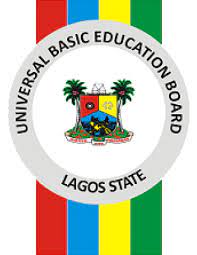
In Lagos State, poor trash disposal methods are a problem, particularly in low-income, densely inhabited areas where indiscriminate rubbish disposal has become an eyesore and a health danger.
KOFOWOROLA BELO-OSAGIE, However, claims that through the Clean Our World project, students from seven public elementary schools have demonstrated that the environment kept clean and recycled for riches.
Few imagined Atanda Street in the Sari Iganmu neighborhood of Orile Iganmu, a slum town in Lagos State, could ever be clean. On a reasonable stretch of road, a stagnant pool of murky, stinky water was home to all types of garbage, discarded tyres, and sand bags.
For students of Metropolitan Primary School, Orile Iganmu, crossing the road was a nightmare, especially on wet days when they were at danger of slipping into the water.
Residents of the town praised them when they went on a community clean-up and sensitization as part of an environmental project, Clean our World (COW), initiated by Oando Foundation in conjunction with Sumitomo Chemicals, a Japanese corporation.
The cleanup was enormous. The students, teachers, and community members collected solid and plastic garbage from the road and drain, leaving the street cleaner than anybody had recall in a long time.
Metropolitan Primary School won the first prize for the COW project – a six-seater swing for its playground and a public address system – for its efforts in the clean-up exercise, as well as gardening and farming, pet bottle collection, recycling and upcycling activities throughout the 2020/2021 academic session (PAS).
Last Friday, at the Lagos State Universal Basic Education Board (SUBEB) hall in Maryland, prizes were awarded to the school and six others that participated in COW during the previous academic year.
Second place went to Olokun Primary School in Ilasamaja while third place went to Methodist Primary School in Ilasamaja.
The Nigerian Conservation Foundation (NCF) and the African Clean Up Initiative, which acted as implementing partners, collected 1,000 kg of plastic bottles from pupils of the seven schools working under environmental education.
Clubs set up for the project were taught to recycle and upcycle into artwork and other useful items by the Nigerian Conservation Foundation (NCF) as well as the African Clean Up Initiative, which acted as implementing partners.
Source: The Nations newspaper